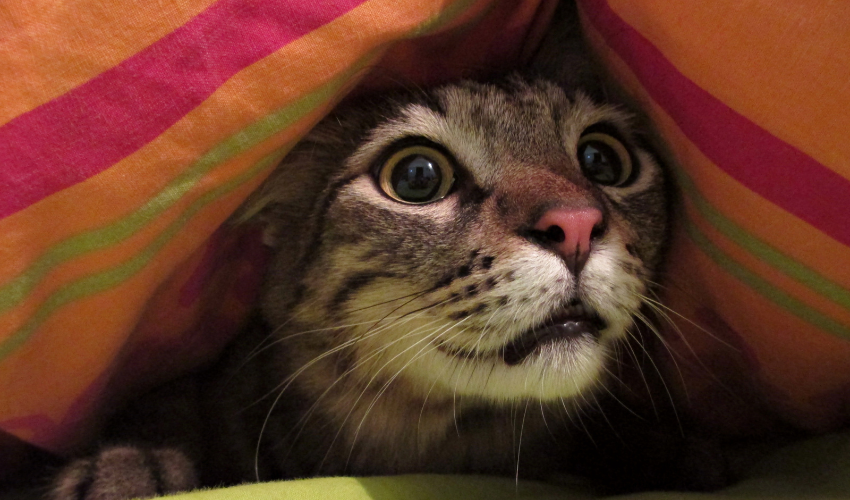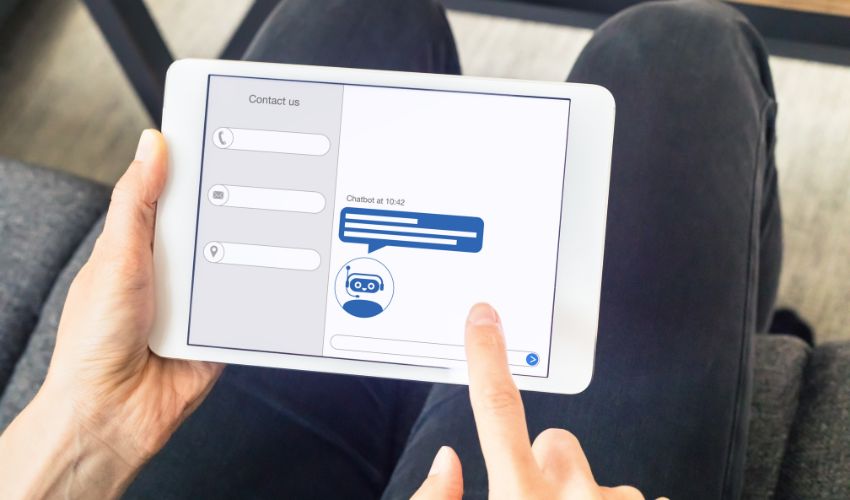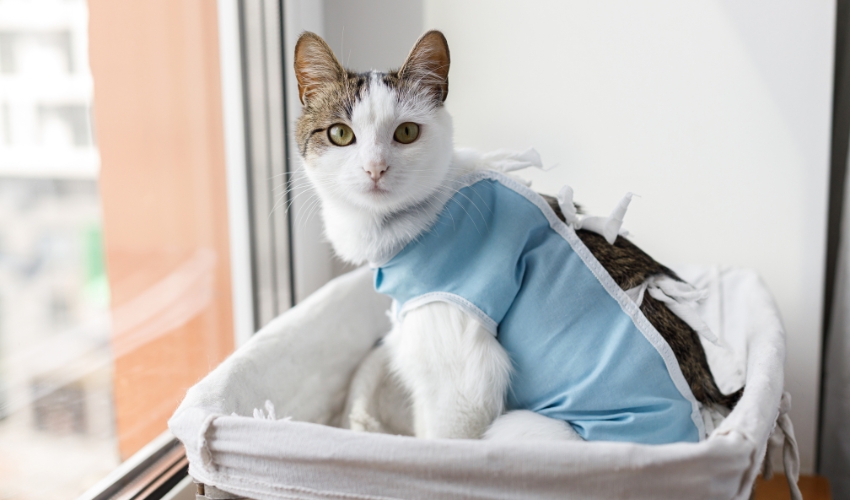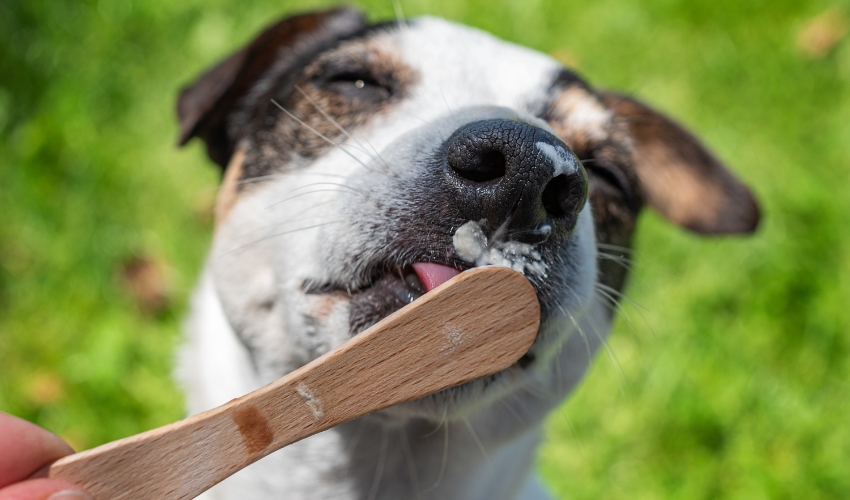The fireworks may have faded from the sky, but the effects they leave behind on our pets often linger far longer than the smoke. For many dogs and cats, the Fourth of July isn’t a night of celebration—it’s a terrifying sensory overload that can trigger anxiety, fear-based behaviors, and even long-term trauma.
If your pet has been acting differently in the days following fireworks displays, you’re not imagining things. And you’re not alone. Many pet parents across the country report lingering behavioral and emotional changes in their animals during the weeks after loud holidays.
In this blog, we’ll take a closer look at pet fireworks anxiety, how to recognize it, what you can do at home to help your furry friend feel safe again, and how holistic support can make a meaningful difference in the healing process.
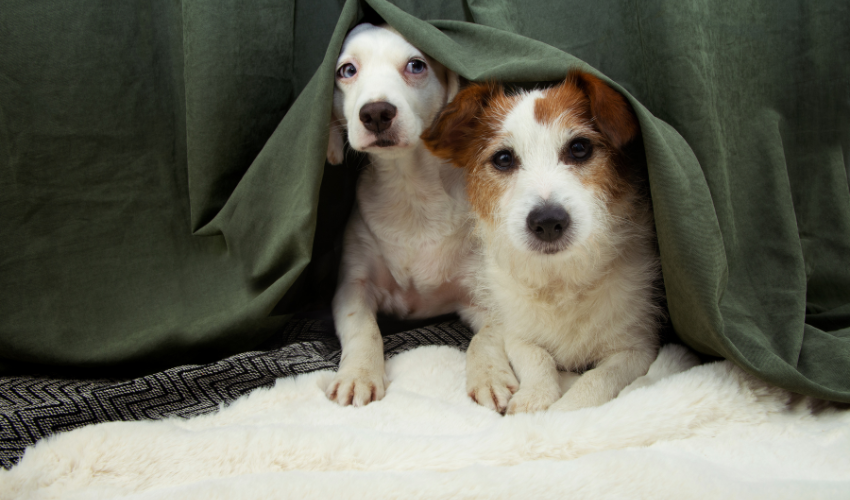
Understanding Pet Fireworks Anxiety
Noise phobia is one of the most common behavioral issues in pets—especially dogs. Sudden loud sounds like fireworks, thunder, and even backfiring engines can trigger panic responses. But while the event itself may be brief, the after-effects can last for days or weeks. In some cases, they can even result in long-term behavioral challenges if not addressed.
Why are fireworks so triggering for pets?
-
Unpredictability: Unlike thunder, fireworks don’t follow natural patterns. The randomness of loud bangs creates a sense of danger.
-
Sensory overload: Pets’ hearing is much more sensitive than ours. Fireworks can be physically painful or disorienting.
-
Lack of control: Pets can’t escape the sound. This creates helplessness and a feeling of being trapped.
Common Signs of Firework-Related Anxiety After the Holiday
Even if your pet seemed to handle the noise fairly well on July 4, you might begin to notice signs of stress after the fact. These can include:
-
Reluctance to go outside, especially at night
-
Clinginess, hiding, or seeking out unusual places for comfort
-
Sudden barking, whining, or pacing at random sounds
-
Destructive behavior when left alone
-
Changes in appetite or sleep patterns
-
Regression in training (e.g., accidents indoors)
These aren’t “bad behaviors”—they’re symptoms of stress. And just like humans, animals need time, support, and healing to recover from trauma.
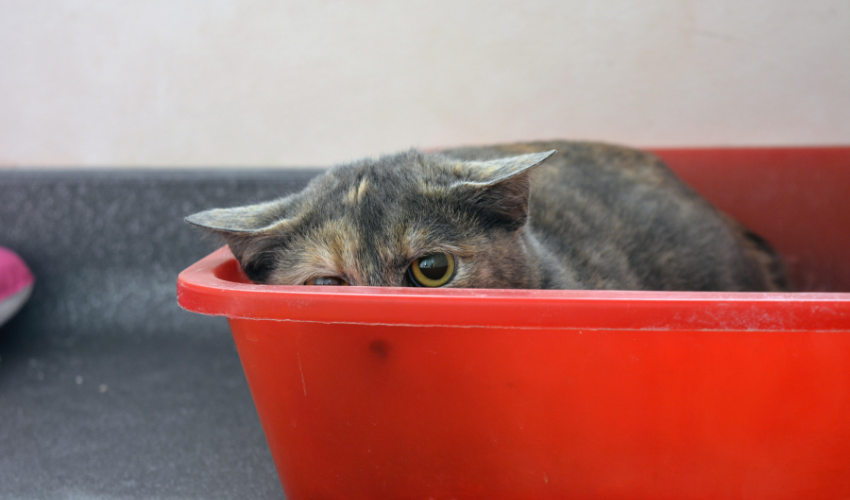
How to Help Your Pet Recover After Fireworks
The days and weeks following a loud holiday are the most crucial time to support your pet’s nervous system and emotional well-being. Here’s what you can do:
1. Restore Routine and Predictability
Structure creates safety for pets. Stick closely to your usual schedule for feeding, walks, and bedtime—even if your own post-holiday routine is a little off.
2. Create Calm Zones
Designate a cozy, quiet spot where your pet can retreat. Use soft bedding, a fan for white noise, and dim lighting. This can become their safe space even when you’re not home.
3. Rebuild Outdoor Confidence
If your dog is avoiding the yard or walks, don’t force it. Instead, coax them with positive reinforcement, calm energy, and treats. Walk in quieter areas at off-peak times if needed.
4. Avoid Triggering Sounds
Limit exposure to sudden noises. Mute TV fireworks recaps, avoid popping balloons, and use background music to mask outdoor sounds.
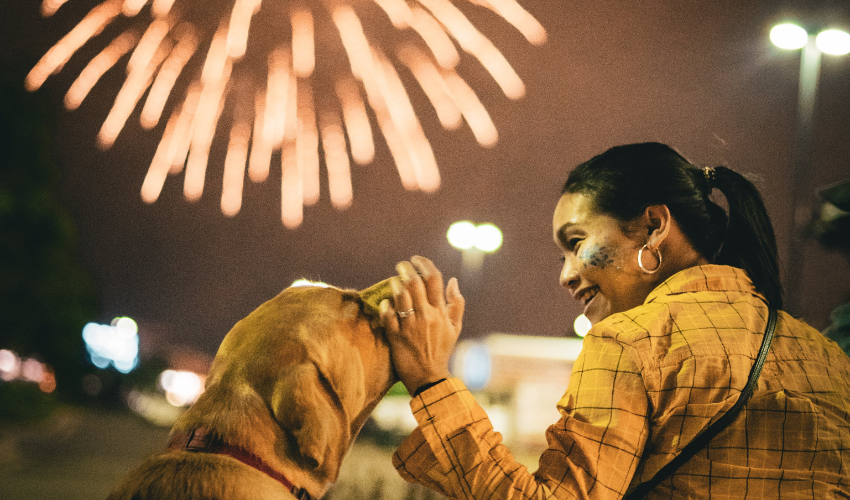
When You Need a Little More Help: Holistic Support for Anxiety
Sometimes, even with the best care and patience, a pet’s anxiety lingers. That’s where working with a professional who understands the mind-body-emotion connection in animals can be incredibly helpful.
We recommend Jody L. Teiche’s Anxiety Consult & Plan—a compassionate, holistic approach to helping pets recover from stress and trauma naturally.
Jody’s work focuses on:
-
Identifying root emotional and energetic imbalances
-
Using non-invasive healing tools like flower essences and homeopathy
-
Providing nutritional and detox support
-
Creating a customized plan tailored to your pet’s unique needs
What makes this approach different? It’s not about “fixing” your pet. It’s about understanding them deeply—emotionally, behaviorally, and even spiritually—and guiding their healing from the inside out.
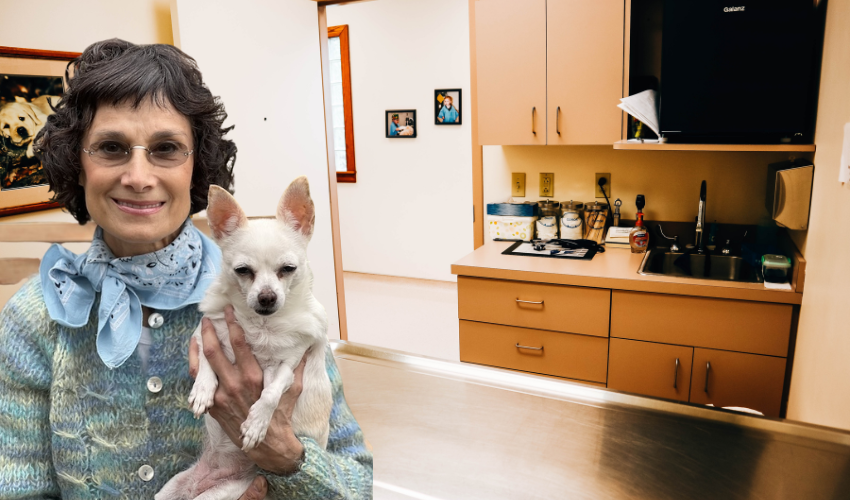
Supportive Products to Help Your Pet Stay Calm
While you’re supporting your pet through post-fireworks stress, these tools can be a great supplement to your care routine:
-
Weighted blankets and anxiety wraps
-
Herbal calming treats or chews
-
Pheromone diffusers and sprays
-
Soothing music or white noise machines
-
Lick mats and puzzle feeders to redirect nervous energy
Be Part of the Healing—For More Than Just Your Own Pet
If you’re someone who cares deeply about animals and wants to make a difference beyond your household, we invite you to join a community that’s dedicated to doing exactly that.
Become a volunteer through Doobert, and help shelters and rescues across the country support animals dealing with stress, trauma, and transitions. Whether you’re offering virtual help, transportation, fostering, or just sharing awareness online, your time and care can have a life-changing impact.
👉 Sign up as a volunteer at Doobert.com and become part of a compassionate network working to create calmer, safer futures for animals in need—especially during the high-stress summer season.

